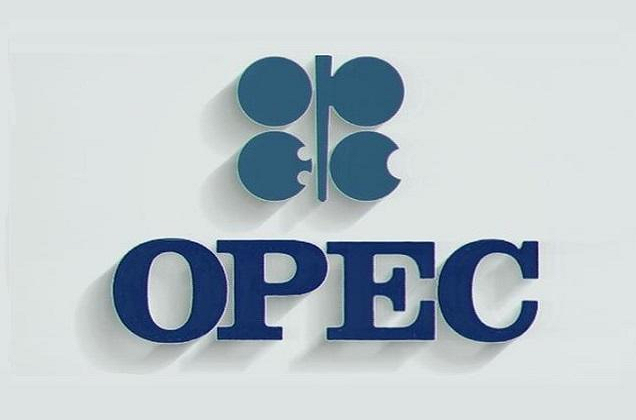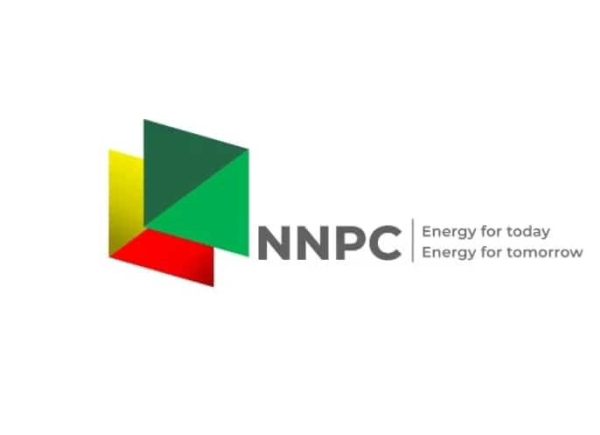The US Senate Judiciary Committee on Thursday (5th May 2022) approved the passage of a bill – No Oil Producing and Exporting Cartels (NOPEC) Act – that could open the Organisation of Petroleum Exporting Countries (OPEC) to antitrust lawsuits over collusion to raise global crude oil prices. This is coming after versions of the bill have failed in Congress for more than two decades. As of the time of writing, the White House has not indicated whether President Joe Biden supports the bill or if the bill can garner enough support to scale through deliberations in both houses of the US Congress. However, it is unclear how a US Federal court could enforce judicial antitrust decisions against a foreign nation.
On the surface, the NOPEC act is aimed at protecting US consumers and businesses from the surge in gasoline and heating oil costs and the spillover effects on inflation. Notwithstanding, we view this as the US’ latest “anti-OPEC” action, coming after the US championed the release of strategic reserves to influence crude oil prices in the latter part of 2021 and early in 2022.
The renewed clamour for the bill is coming off the heels of repeated calls to the cartel (and its allies) to raise production beyond the 400kb/d phased increases scheduled for 2022, given the effects of the elevated gasoline prices on inflation. Non-OPEC members like Russia, who are part of the OPEC+ coalition, may also be included in the potential lawsuits against the cartel.








